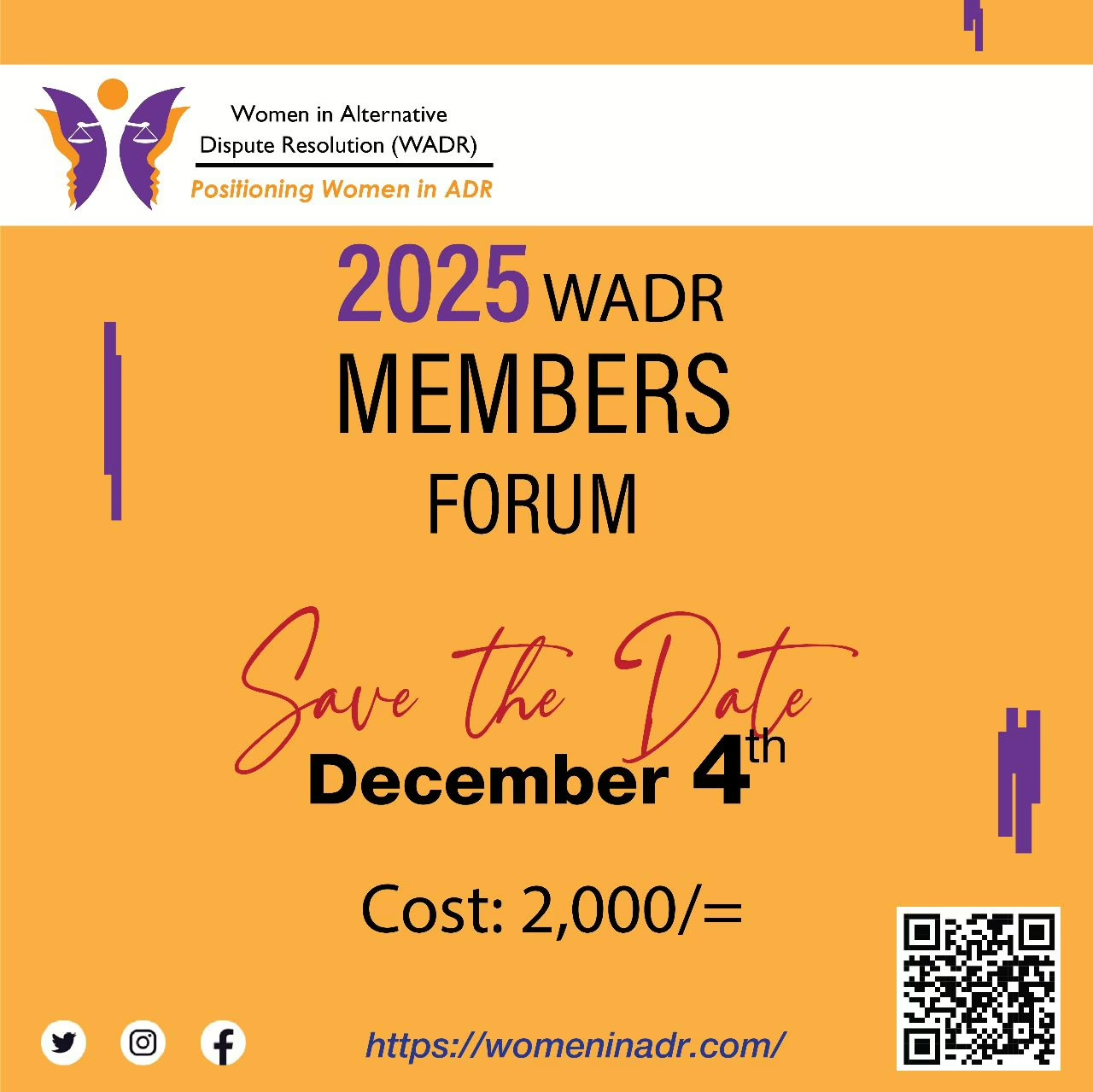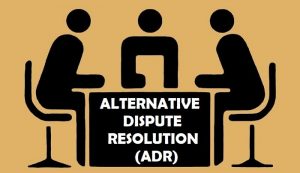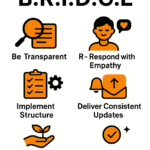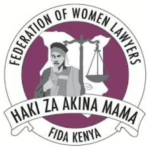Is there a way that people don’t have to go to court? The court process involves a long, protracted, legal and expensive process that could go any way. It could be in favour of the plaintiff or defendant.
Chief Justice Martha Koome has recently been campaigning for alternative dispute resolution (ADR). She has been encouraging Kenyans to embrace the current options that exist in terms of ADR. This helps reduce the daunting backlog of cases in court. It also ensures that disputes are settled in a timely and expeditious manner.
I once interviewed Mr. James Mangerere, an accredited mediator who has been in the field for 24 years. He conceded that the exhausting court process led him to go into mediation.
He said that he watched how emotionally traumatizing the court process was for his clients and he decided to look for alternative dispute resolutions.
The good news is that you don’t have to always go to court. There are alternative methods that conflicting parties can resolve their disputes and come to an amicable solution. This is a summary of ADR and the various forms that exist.
What is Alternative dispute resolution?
Odhiambo Jerameel Kevins Owuor wrote a paper on ADR. He defined it as all forms of dispute resolution other than litigation or adjudication through the courts. ADR provides an opportunity to resolve disputes and conflicts through the utilization of a process that is customized to fit a specific dispute or conflict.
In simple terms, New York Courts defined it as alternative ways that people can resolve conflict without going to trial.
The Constitution of Kenya 2010 in Article 159 makes provisions for alternative dispute resolution. It provides that;
1)In exercising judicial authority, the courts and tribunals shall be guided by the following principles (c)alternative forms of dispute resolution including reconciliation, mediation, arbitration and traditional dispute resolution mechanisms shall be promoted, subject to clause(3)
(3)Traditional dispute resolution mechanisms shall not be used in a way that -(a) contravenes the Bill of Rights (b)is repugnant to justice and morality or results in outcomes that are repugnant to justice or morality; or (c)is inconsistent with this Constitution or any written law
Forms of ADR in Kenya
Arbitration
This is the process where warring parties sit before a private judge who is called an arbitrator. The arbitrator assesses both cases and gives a verdict that is referred to as an award. These parties have to accept and rely on the arbitrator’s decision as the final settlement. However, if one party is not satisfied they can go to court.
Mediation
Unlike arbitration, a mediator guides conflicting parties to come to a mutually acceptable resolution. The mediator doesn’t make the decision but instead leaves the parties to settle the dispute themselves. The work of a mediator, therefore, involves assisting with communication and eliminating the barriers that could prevent dispute resolution. Mediation can be applied in succession battles, with business partners, neighbours and other situations.
Conciliation
It’s an informal, voluntary, confidential and interest-based process where parties seek to resolve their dispute through the help of a conciliator. A conciliator is a neutral third party who provides the rivals with a non-binding settlement proposal. A mediator, in contrast, doesn’t make any proposal because the parties do it for themselves.
In conciliation, the parties are allowed to define the time, structure and content of the conciliation process.
Advantages of ADR
- Time effective
- Cost efficient
- Flexible
- Preserves the relationship of disputing parties
- Gives the parties more control over the process
Disadvantages of ADR
- The decisions are final and can’t be appealed.
- The award you get may not be worth what you deserve.
- You have to pay fees for the neutral third party.
[Featured image: Kariuki Muigua and Company Advocates]




















